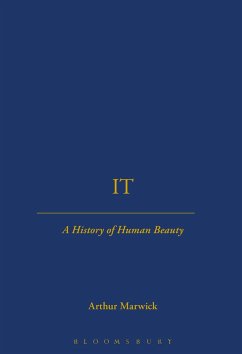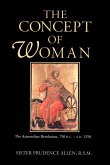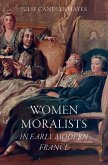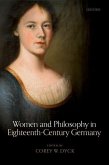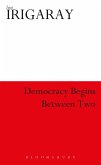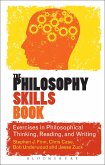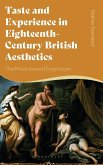If Cleopatra's nose had been half an inch longer, neither Caesar nor Mark Antony would have fallen in love with her. It: A History of Human Beauty treats outstanding physical attractiveness as a quality or possession, comparable to power, intelligence, strength, wealth, education or family, that had a marked effect on history. Beauty in men and women opened opportunities to its possessors not available to the ordinary looking or ugly. While in the past women have had to use the lure of sex to achieve power or wealth, epitomised by royal mistresses or the Grandes Horizontales of the nineteenth century, modern film stars (male and female) can acquire great wealth simply by the use of their images, while attractiveness on television is an essential modern qualification for power, as shown by Ronald Reagan and Tony Blair.
Hinweis: Dieser Artikel kann nur an eine deutsche Lieferadresse ausgeliefert werden.
Hinweis: Dieser Artikel kann nur an eine deutsche Lieferadresse ausgeliefert werden.

